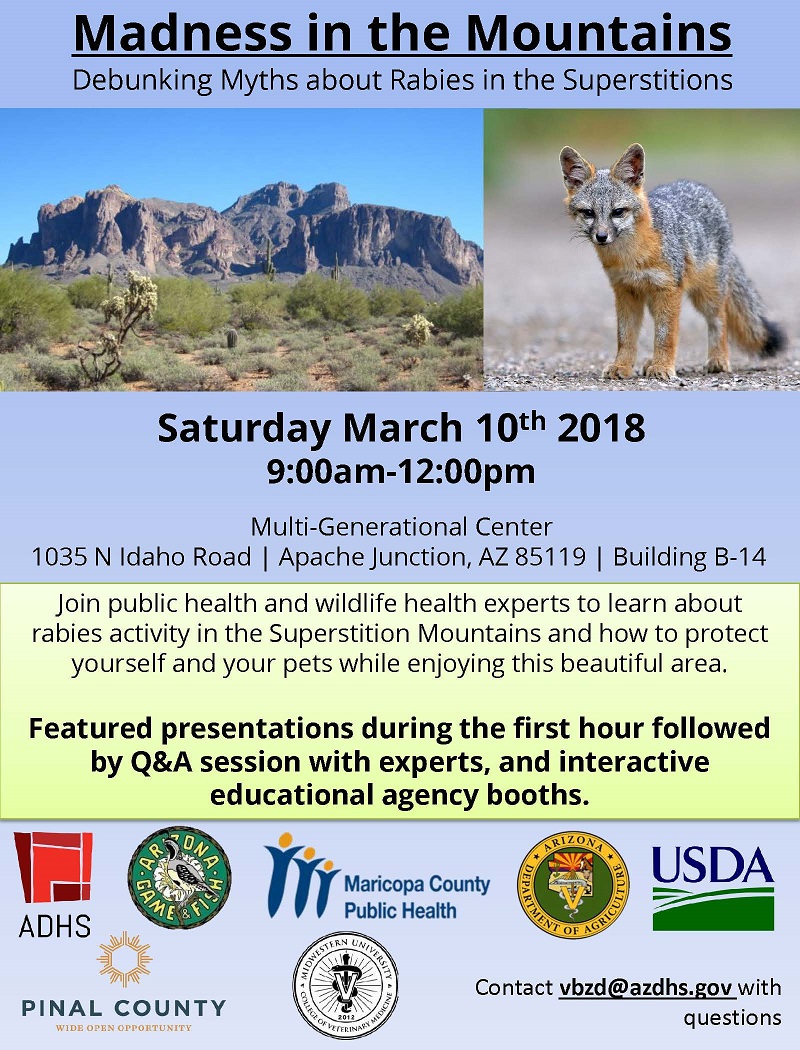 In the Sonoran Desert monsoon = scorpion season. We have more than 56 species of scorpions- but the bark scorpion is the biggie. Since you live in the bark scorpion’s territory, you probably have them around or maybe even inside your home. The Arizona Poison and Drug Information Center and Banner Good Samaritan Poison & Drug Information Center answer thousands of calls every year about scorpion stings- last year they recorded 10,000 scorpion stings in AZ.
In the Sonoran Desert monsoon = scorpion season. We have more than 56 species of scorpions- but the bark scorpion is the biggie. Since you live in the bark scorpion’s territory, you probably have them around or maybe even inside your home. The Arizona Poison and Drug Information Center and Banner Good Samaritan Poison & Drug Information Center answer thousands of calls every year about scorpion stings- last year they recorded 10,000 scorpion stings in AZ.
Scorpion stings are super painful but usually don’t require special medical treatment. Washing the sting area and using a cool compress along with over the counter pain medication handles the injury. The pain and numbness can last several days. Sometimes a scorpion sting causes severe symptoms that require fast and expert medical care. Symptoms to look for are difficulty breathing, uncontrolled jerking, drooling and wild eye movements. Small kids are the highest risk group for severe reactions. Each year there are about 200 kids in Arizona that need intensive medical treatment. A recent study by the Banner Good Samaritan Poison and Drug Information Center showed that 33% of scorpion stings happen in the bedroom, 24% in the living room, and 6% in bathroom.
OK… but what should you do in scorpion season? Here are some simple precautions:
- For infants: move the crib away from the wall, and take off any crib skirts that reach to the floor;
- Roll back bed linens and check for scorpions before getting into bed;
- Shake clothes and shoes before putting them on;
- Move furniture and beds away from the walls;
- Wear shoes when outdoors, especially at night around swimming pools; and
- Be especially careful of wet/damp towels in the bathroom and pool area.
While scorpions get into your house, that’s not their natural habitat. Their natural habitat is in your yard, in bushes, brick wall cracks and in landscaping like that loose brown stuff on palm trees. Some people say that their scorpion problems are worse after people do yard work- which messes up the scorpions natural habitat. The bottom line is that the monsoon is the harvest season for scorpions so stay on the lookout.












Luckily my dog alerts me when there is a scorpion lurking around. Like he did last week in the kitchen. He won’t touch it but he will bark & growl until I pay attention.
I’ve encountered scorpians a few times when living in Africa and they can be quite ferocious little critters.:)